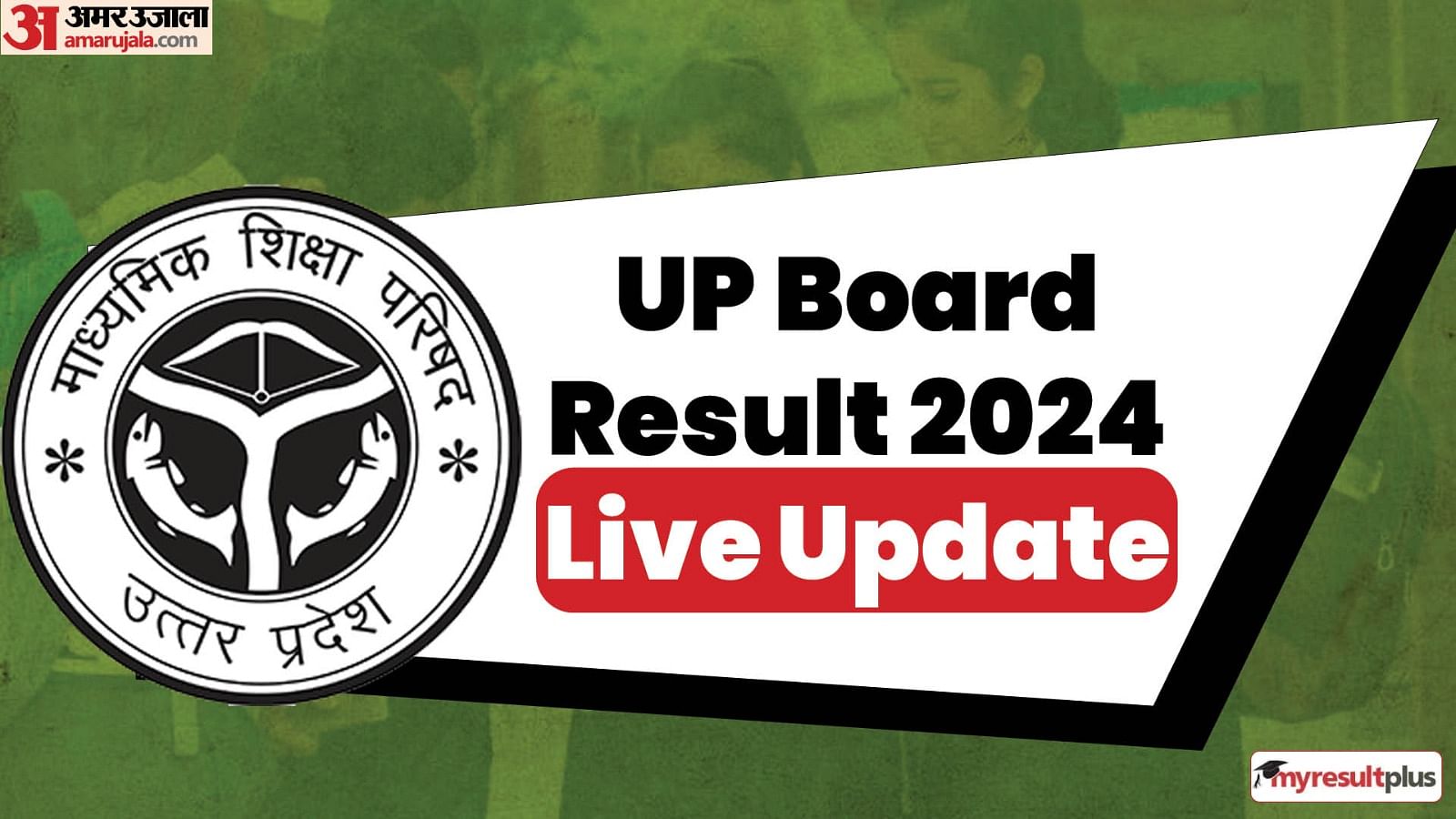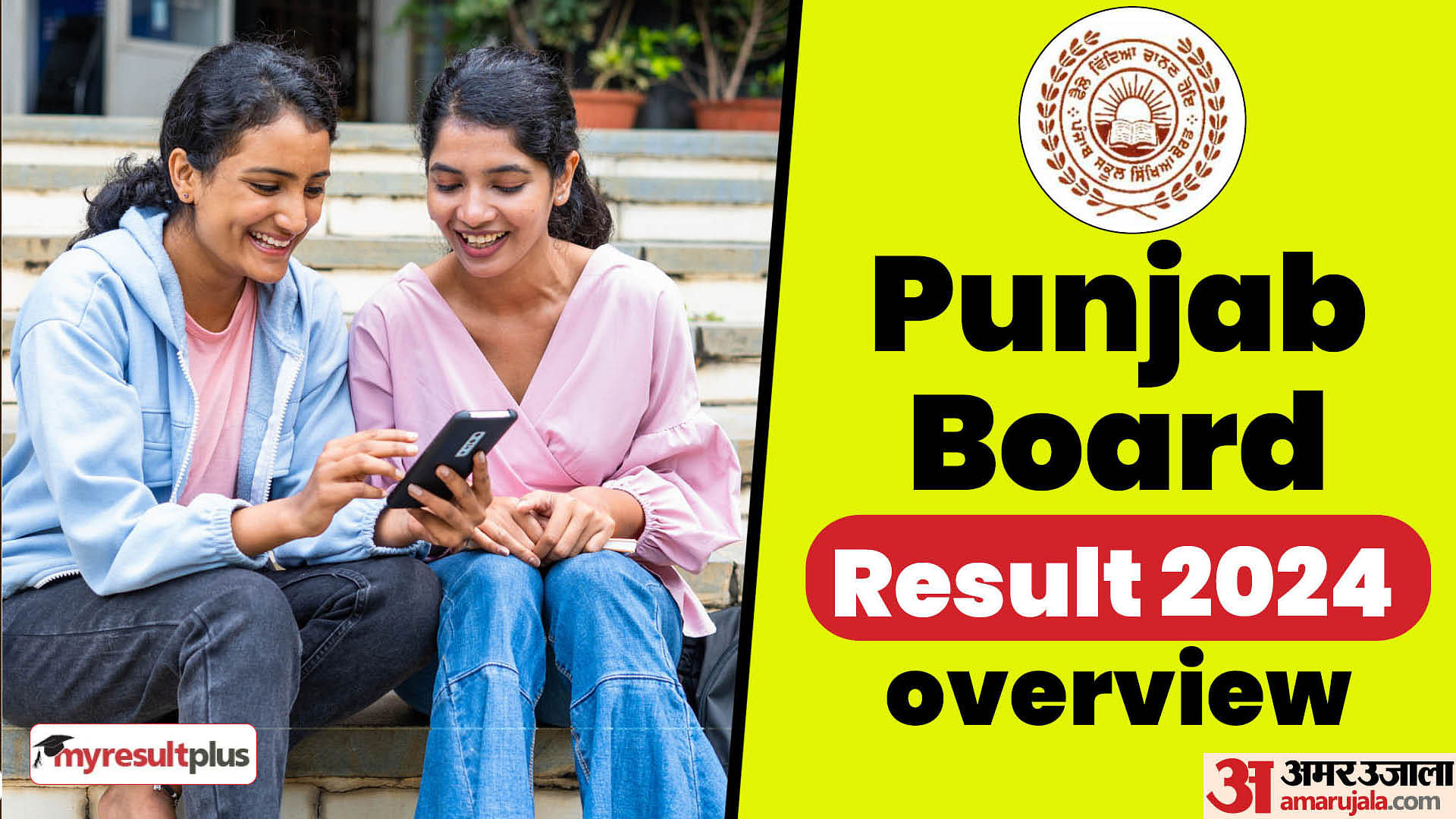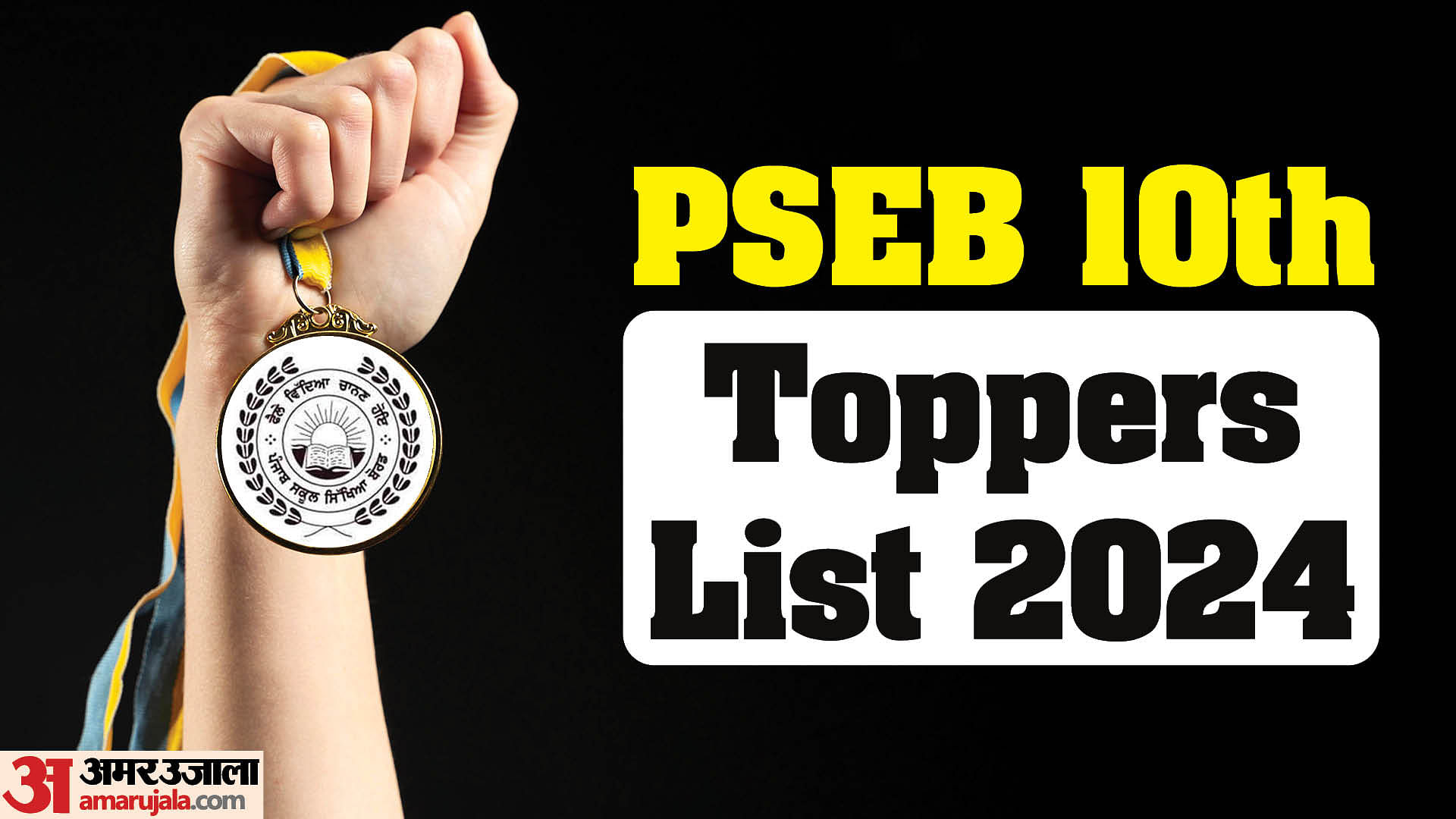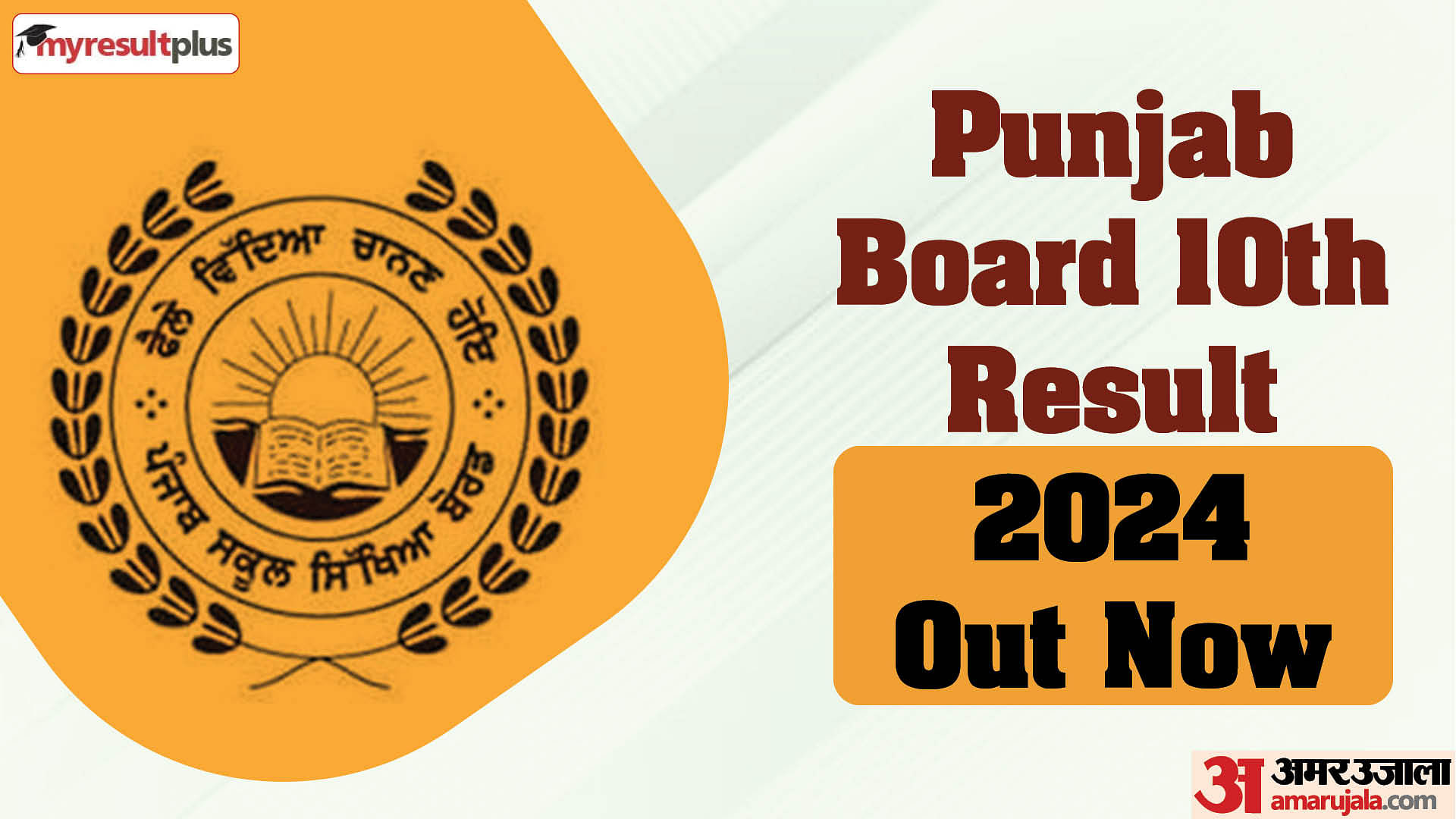
education
Prime Minister's Economic Advisory Council (PMEAC) part-time member Surjit Bhalla today termed reservations in education and jobs as a "big problem" and hoped that the matter would be addressed after the next general election.
"Reservations in education, jobs, and teaching jobs are the problems. And hopefully we will address that, may be after 2019," he said at an Asia Society event here.
He made the remarks while replying to a question on the education sector, which he said needed more focus from the policy-making side, and was more important than reforms on the banking front as well.
Describing the problem in the "messed up" public education sector, he said teachers are paid more than what they can command in the market and do not show up in schools as well.
"We are in an absolute not so glorious mess," he said, adding that forces of nature will eventually make any government act on this issue in a "straight and aggressive fashion".
The ruling coalition NDA enjoys an easy majority in the Lok Sabha at present, with BJP alone passing the mid-way mark.
The party has won a slew of state polls since then and is hoping for a second term.
Bhalla, who was appointed to the PMEAC after the panel was formed in September, over three years after the Narendra Modi government came to power, also advocated for a sharp cut in rates by the Reserve Bank notwithstanding the present uptick in growth numbers.
He said by RBI's own assessment, the potential growth rate is over 7.5 per cent and a surge to 6.3 per cent for the second quarter should not prevent the central bank from cutting its rates.
On inflation, which is seen as an impediment for the rate cut by a majority of watchers, he said for the last 14 months the average inflation is at 3 per cent, which is much below the RBI target of having it at 4 per cent.
He said the real rate of interest, or the differential between the repo rate at which the RBI lends short term money to the banking system, and the inflation is 3 percentage points which is way higher than the 1.25 per cent which the RBI has been stating as its target.
We need rate cuts of nearly 2 percentage points going by the target, Bhalla said, declining to specify any quantum of rate cut which he would like to see at Wednesday's bi-monthly policy review.
He also voiced concerns over what he called as a lack of "opennesses" where the Monetary Policy Committee members are "banned" from speaking to the media.
"The RBI has banned the MPC members from talking to anybody. I can see that there is a frozen period when you do not talk, when they make decisions. But what kind of openness is this? What kind of communication is this that you (media) cannot talk to the MPC members?" he told reporters.
According to the RBI, the members are not allowed to speak seven days prior and after a MPC meeting.
"Members shall observe a silent or blackout period starting seven days before the voting/decision ray and ending seven days after the day policy is announced. During this period, they will avoid public comment on issues related to monetary policy other than through the MPC s communication framework," the RBI had said in its notification while appointing the MPC.









